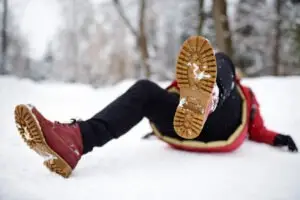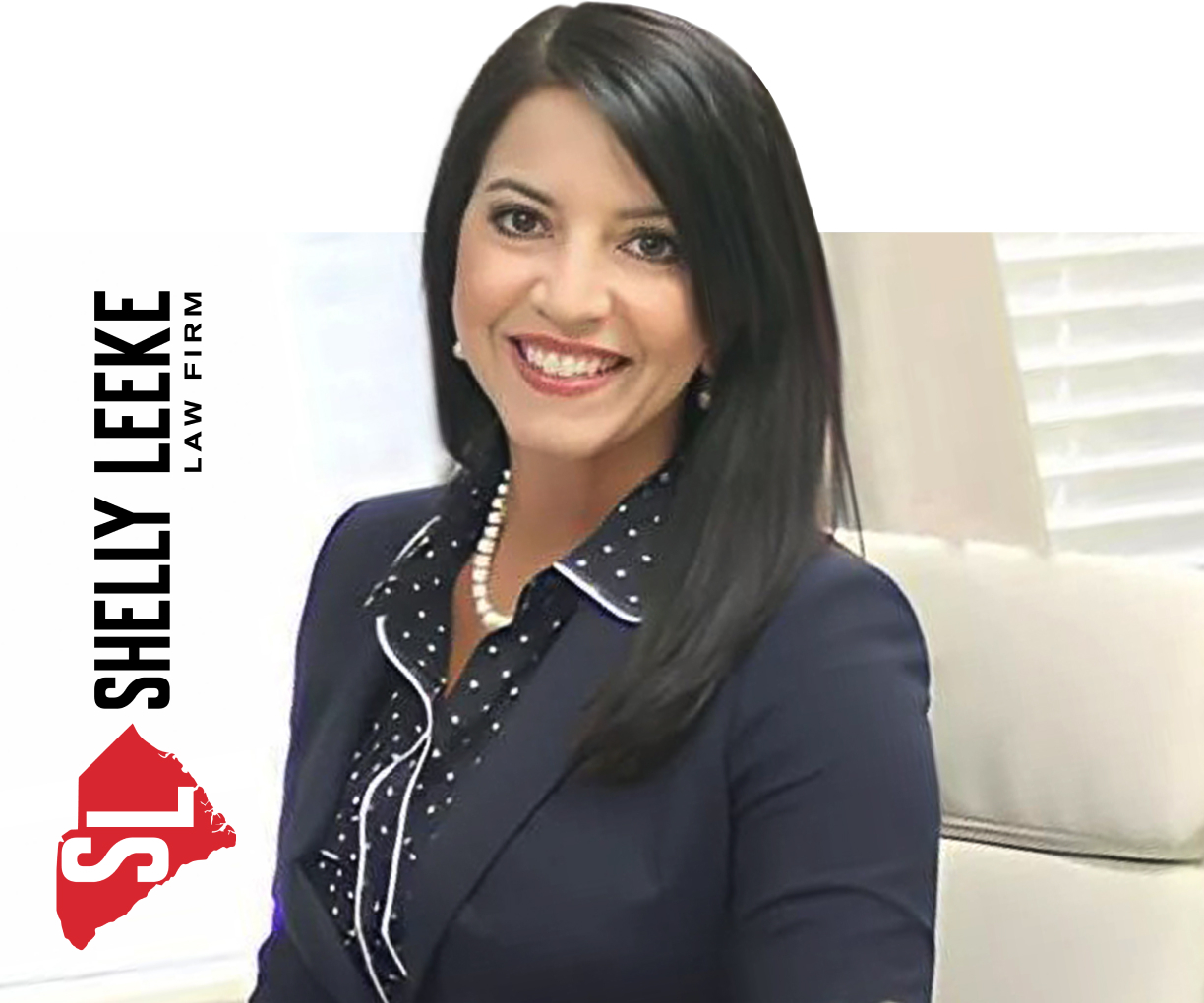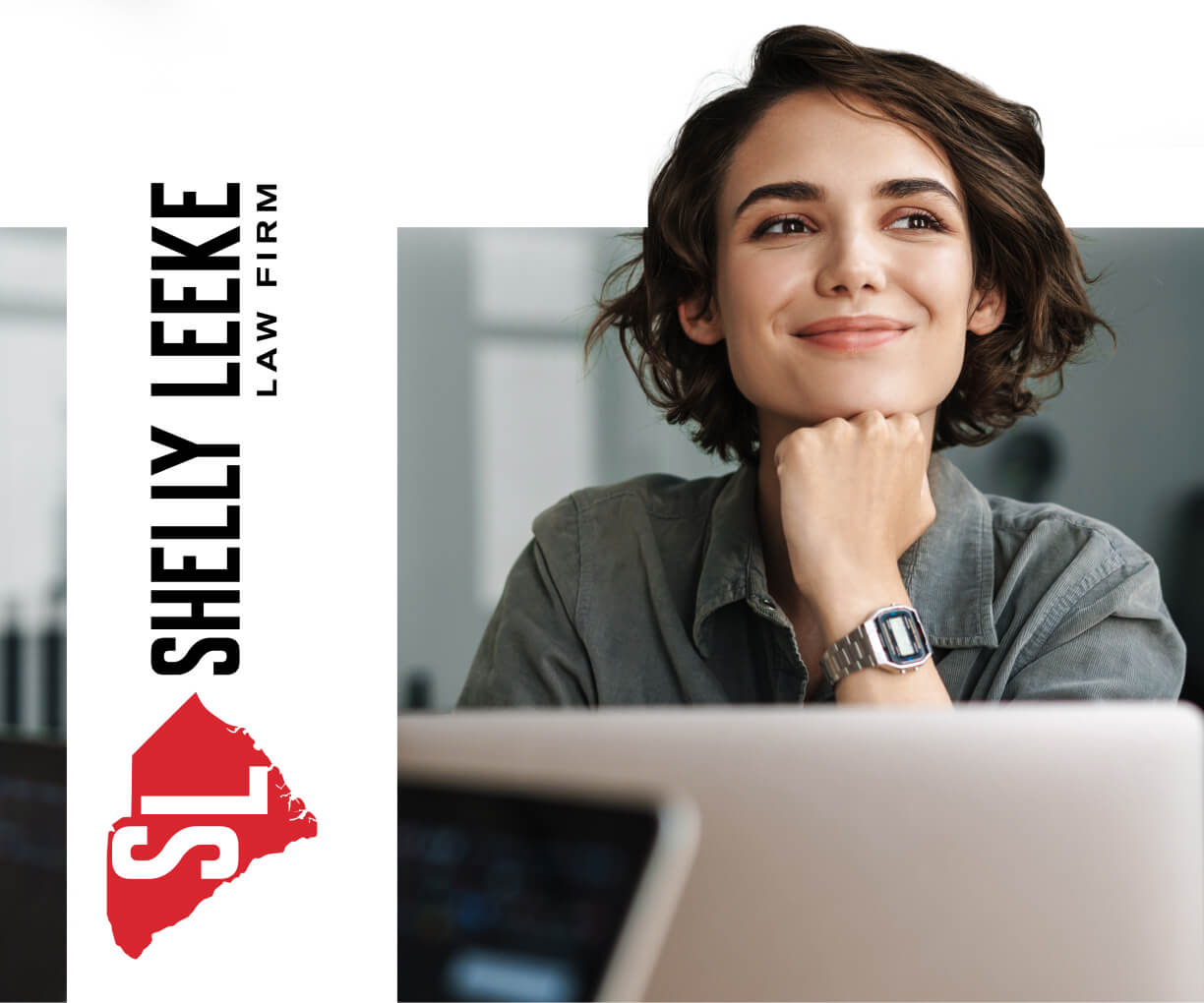
If you suffer an injury on someone else’s property in Charleston, you may be able to request compensation. This is due to the fact that a person is responsible for taking a reasonable level of care for their property. As such, someone who gets injured on this individual’s property may be able to seek damages on the grounds of premises liability.
The Shelly Leeke Law Firm can answer any questions you have about premises liability in Charleston. In addition, we make it easy to reach an experienced Charleston personal injury lawyer. Contact us today to learn how we can help you file a premises liability lawsuit with one of our premises liability lawyers in Charleston.
Examples of Premises Liability Accidents in Charleston
Premises liability accidents can happen at homes and businesses. They can include:
- Slip and Fall Accidents: You can slip and fall on a wet floor or any other uneven surface, suffer an injury, and sue for damages.
- Dog Bites: Dogs are viewed as property, and if someone’s dog attacks and bites you, the pet’s owner can be held financially responsible for your injury.
- Construction Site Accidents: If a construction site is not blocked off correctly and you get injured while walking or driving through the site, you can request damages.
- Parking Lot Accidents: You can trip and fall in a parking lot that is poorly lit and file a lawsuit for damages relating to your injury.
If you believe you are eligible for damages under a premises liability lawsuit in Charleston, hire an attorney. When you do, a Charleston premises liability lawyer can review your legal claim and help you figure out if you can file a lawsuit. If so, your lawyer will make sure you request the most damages possible from any at-fault parties.

What a “Duty of Care” Means in a Charleston Premises Liability Case
A property owner has a “duty of care” that applies across three categories:
- Invitees: People who are given implied or expressed consent to enter a property.
- Licensees: Anyone who visits a property for their own purpose, such as salespeople.
- Trespassers: Those who enter a property without authorization from a property owner.
South Carolina has requirements in place relating to premises liability and a property owner’s duty of care. A premises liability lawyer in Charleston is familiar with these requirements and can teach you about them. If you suffer an injury due to a Charleston property owner’s negligence, you are within your legal rights to pursue damages in a lawsuit.

Reasons to Request Damages in a Charleston Premises Liability Lawsuit
No one should be forced to put their health and safety in danger when they go onto a Charleston property. Yet, there can be times when a property owner does not take proper care of their land, which contributes to an accident and injury. If you suffer an injury on someone else’s property in Charleston, you may be left with various expenses relating to your injury, including:
- Hospitalization costs
- Treatment costs
- Wages you lose if you cannot work
A premises liability attorney in Charleston can take a look at your case and help you request compensation for any immediate and long-term costs. Your lawyer will urge you to pursue thousands of dollars in economic and non-economic damages. That way, you are well equipped to get a fair amount of compensation from any at-fault parties.

How to Recover Damages in a Charleston Premises Liability Lawsuit
You should not expect a judge or jury to immediately award you damages in a Charleston premises liability lawsuit. Instead, you are responsible for showing a judge or jury that you are the victim of a premises accident. To prove this point, you must provide evidence that illustrates the following:
- You were injured on someone else’s property. You must be able to prove that you suffered an injury that occurred due to a hazard on another person’s property.
- The defendant owns a property and was negligent in their efforts to maintain it. You must be able to show that someone is the rightful owner of a property, and this person failed to sufficiently care for their property.
- The defendant was fully aware that you were not trespassing on their property. If you trespassed on a person’s property and suffered an injury, you are not protected under South Carolina law.
Hiring a top-rated lawyer is an excellent starting point for winning or settling a premises accident lawsuit. Your attorney can gather and review evidence with you to support your case. On top of that, your lawyer will advocate for you and can help you negotiate a settlement.

When a Charleston Premises Liability Lawsuit Can Get Settled Before a Trial
You can file a Charleston premises liability lawsuit but wait months or years before a judge or jury hears your case. In the meantime, the defendant in your case can present a settlement offer to you at any point leading up to your trial. If you receive a settlement offer, you have three options:
- Accept the Settlement: Once you approve a settlement, the defendant gives you the compensation that is less than what you originally requested.
- Decline the Settlement: By rejecting a settlement, you continue to move forward with your litigation, and the defendant can still present settlement proposals in the future.
- Counter the Settlement: You can counter a defendant’s settlement proposal in the hopes of finding common ground with this individual and resolving your case outside of the courtroom.
Under no circumstance should you accept a settlement offer if it does not match your expectations. If you are uncertain about how to proceed with a settlement proposal, your attorney can lend a helping hand. Your lawyer can handle settlement negotiations for you and will ensure that you can secure the maximum amount of damages in your premises liability case.
Partner with a Best-in-Class Charleston Premises Liability Attorney
If you are interested in filing a premises liability lawsuit in Charleston, the Shelly Leeke Law Firm is here to help. We can connect you with a first-rate premises liability lawyer right away. For more information, please get in touch with us for a free, no-obligation consultation.







